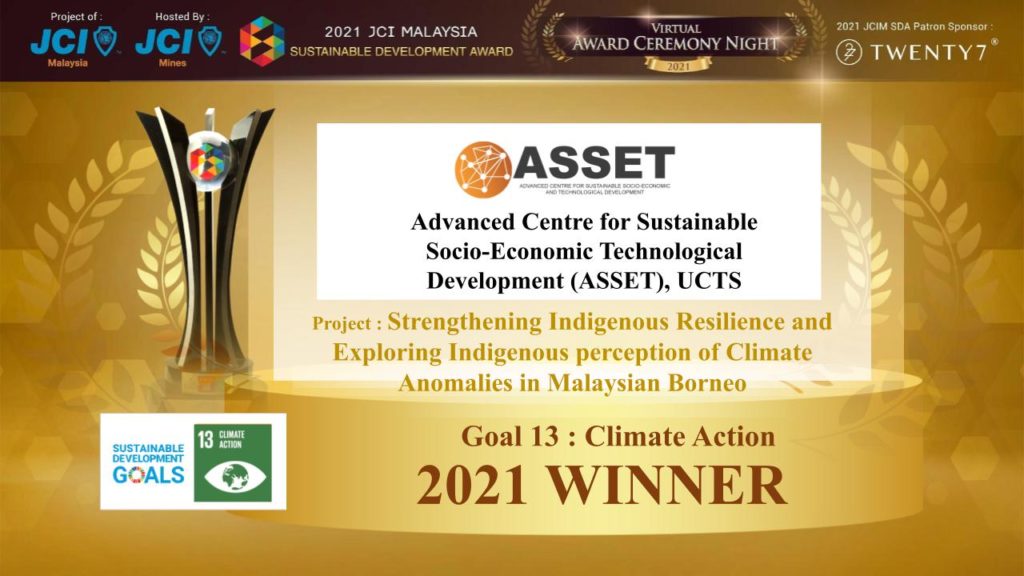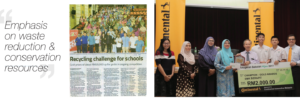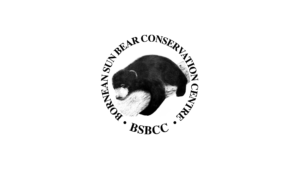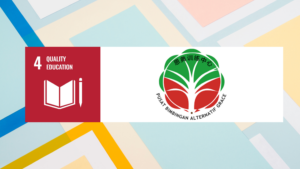Many indigenous communities in Malaysian Borneo are aware of climate change but do not take collective action to adapt. We suggest that inaction may be due to non-convergent perceptions of climate anomalies within communities. While there is a growing body of evidence suggesting that local perceptions of climate anomalies influence individual climate change adaptation behaviour, several well-documented processes suggest that individuals within indigenous communities are likely to perceive the occurrence and magnitude of climate anomalies differently. How individually different perceptions of climate anomalies translate into the collective is unclear. For the last Four (4) years with Seven (7) remote and rural indigenous communities of Sarawak, we are collaboratively working on exploring the local perceptions of climate anomalies which influence adaptation behaviour of the communities. In addition to developing a pluriverse for traditional and scientific knowledge, we provided internet access and created meaningful technologies such as rain forecast system to access information which will be helpful for developing adaptive capacity of the community members. We also operationalise the Penan forest sign language (Oroo’) as a measure of traditional ecological knowledge (TEK) and find only weak evidence of a systematic statistical association with perceptions of climate anomalies among our sampled respondents. The project is ongoing and in addition to community service, we are creating impactful research by contributing to the academic and scientific body of knowledge.
Project Result(s) / Impact(s)
In terms of Project Results there are two main outcomes of the project;
- Evidence-based Theoretical Research
Based on our extensive field research work and combination of novel primary data, traditional ecological knowledge and instrumental climate data, we engage with key questions in the area of climate change and community adaptive capacity. The summary of our findings are threefold:
(1) perceptions of climate anomalies in our target groups vary substantially in terms of both occurrence and magnitude; (2) perceptions of climate anomalies do not generally correspond with statistical measures of climate anomalies; (3) there is only weak evidence for a systematic association between Traditional Ecological Knowledge and perceptions of climate anomalies. Our findings make a direct contribution to the literature on indigenous adaptation to climate change by highlighting an underexplored and potentially crucial driver of climate change adaptation. To date, our research has been published in leading peer-reviewed journals (ranked as internationally excellent according to the UK’s Research Excellence Framework), featured by reputable newsmedia (including BBC), and led to policy initiatives that have benefited indigenous communities.
- Community Service: Internet Accessibility and Technology based Supportive System
The project also provided Internet access and developed a rainfall forecasting system for the Bawang Assan community to get access and support of information technology in strengthening resilience and adaptive capacity to climate-related disasters of the partner community.




